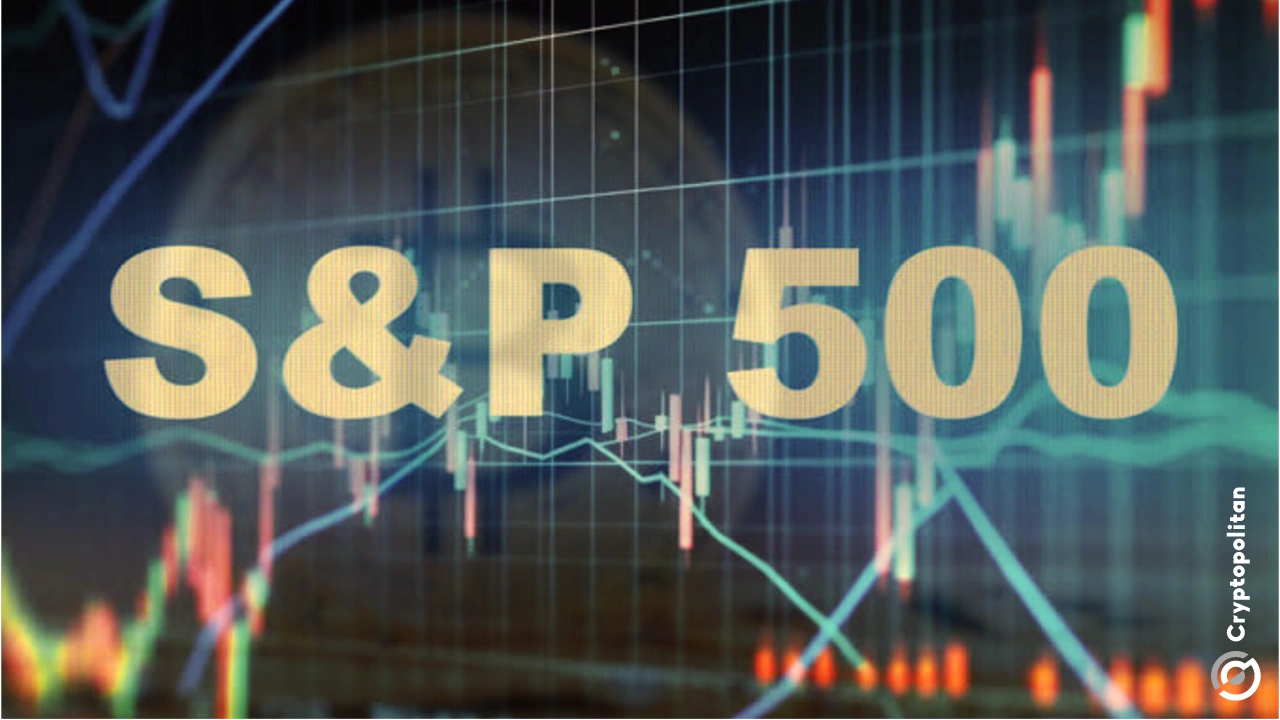09.09.2025 23:25
Despite a landscape riddled with lingering economic anxieties regarding jobs and inflation, Wall Street exhibited an unwavering resolve on Tuesday, propelling all three major indices to unprecedented closing highs. The day’s trading session saw investors largely disregard cautionary economic indicators, conducting business as usual with remarkable aplomb.
Specifically, the benchmark S&P 500 ascended by 0.27%, settling at an impressive 6,512.61. The technology-heavy Nasdaq Composite also marked a significant milestone, climbing 0.37% to reach 21,879.49, establishing both a new closing and intraday record. Meanwhile, the venerable Dow Jones Industrial Average added a robust 196.39 points, equating to a 0.43% increase, concluding the day at 45,711.34, a rally significantly bolstered by a powerful surge in UnitedHealth's stock valuation.
This bullish market performance unfolded even as startling new labor statistics emerged. According to reports compiled from various internet sources, the Bureau of Labor Statistics delivered a substantial downward revision to its employment figures for the 12-month period ending in March, effectively erasing a staggering 911,000 jobs from the previous tally. This was no minor adjustment; it represented the most significant downward revision seen since at least 2002, far exceeding market expectations and signaling a much weaker pace of job growth than initially estimated for that period.
The implications of a potentially softening economy were not lost on industry titans. Jamie Dimon, the Chief Executive Officer of JPMorgan Chase, voiced his concerns in a discussion with a financial news outlet, stating, "I think the economy is weakening. Whether it’s on the way to recession or just weakening, I don’t know." His candid remarks underscored a growing apprehension about the broader economic trajectory.
Curiously, this stark revelation of deteriorating job numbers barely registered a tremor across trading floors. The market's nonchalant response stemmed from the fact that the revised data pertained to a period that concluded six months prior, rendering it less of an immediate concern for forward-looking traders. However, a deeper analysis reveals a significant underlying factor: such disheartening labor data could exert considerable pressure on the Federal Reserve, potentially accelerating their timeline for interest rate cuts, a prospect keenly watched by Wall Street.
As Chris Zaccarelli, Chief Investment Officer at Northlight Asset Management, cogently remarked, "The jobs picture keeps deteriorating and while that should make it easier for the Fed to cut rates this fall, it could also throw some cold water on the recent rally." Therefore, while the prospect of earlier rate cuts looms larger, they might not offer the complete market salvation many investors are banking on, potentially impacting sectors that have recently surged, such as tech stocks, especially semiconductors.











